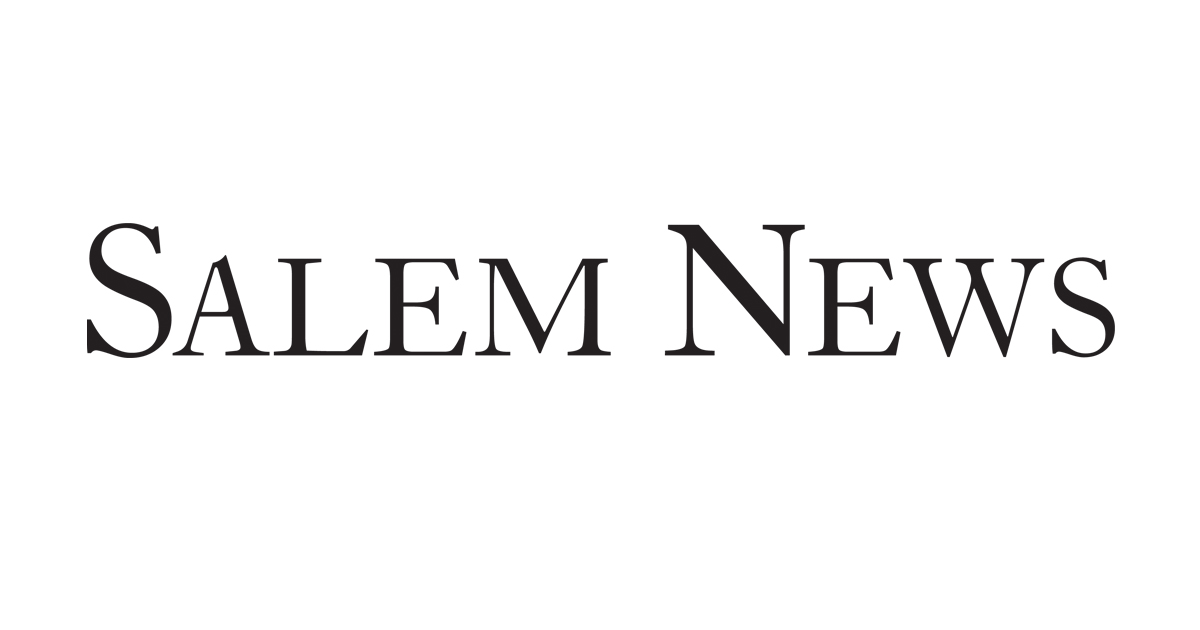
<!–
SALEM — The board of health approved the resolution outlining the 2024 food service fees Tuesday.
The meeting, which was preceded by the required public hearing for any discussion of the fees, saw the resolution receive its third and final reading, with its first and second reading held in the board’s Sept. 20, and Oct. 18 meetings respectively.
The proposed fees are (with last year’s fees in parentheses): risk classification less than 25,000 square feet, level one $107.57 ($108.15), level two $121.05 ($121.90), level three $230.51 ($233.53) and level four $291.98 ($296.22); more than 25,000 square feet, level one $155.02 ($156.54), level two $163.11 ($164.79), level three $575.60 ($585.46), and level four $610.10 ($620.66); vending operation, $37.88 ($14.63); mobile facility, $0 ($112.99) and temporary facility (per event), $0 ($37.66).
The fees don’t include the required state fees, which must be added in. The cost for plan reviews for both new establishments and remodels remains at $275 each.
Other financial matters discussed included the department’s proposed 2024 budget, which includes the budgeted amounts for several categories which will be paid through the department’s Workforce Development Grant funding, including supplies, training, and mobile phones listed as zero. Board President Pro Tempore Judy Sicilia said she was hesitant to list the categories as having no money budgeted as she was concerned that doing so may set the inaccurate expectation the department could operate at full capacity without funding dedicated to those areas.
“I know I am not an auditor, but I am very nervous about what our budget looks like without those items in them, because I understand that they’re going to be paid for by the grant, but with them not in that budget, going forward people are going to think we’re able to operate at that level and we aren’t. I am very very uncomfortable that those items aren’t still included in the budget with a budgeted amount, the point being that they’re paid for by the grant so we can list them as income, but I think it’s dangerous to not list them in the budget,” said Sicilia.
Health Commissioner Alanna Hughes explained that the anticipated expenses for the affected categories were still listed within the budget but were listed within the anticipated ending budget. Hughes also said that monthly fiscal and budget reports would continue to accurately reflect the amount spent by the department both in that month and year-to-date, and that she had spoken with Auditor Betty Brothers and the revenue which reflected the reimbursement from the grant would be entered under the relevant line item, preserving the record of expense while still reflecting money being drawn from the department’s budget for those expenses.
“One of the things I told them is even though we have our Workforce 23 line item I wanted them to not just make it one big expense line coming in and I sent her a report and let her know $80.08 goes back into telephones, this amount goes back into personnel, that’s what we spent out of those line items, and I want it to go back in under those line items and she said it could be done. It should look like out of the budget we didn’t spend any telephone money because it all was paid for by the grant so that money should all be there at the end of the year,” said Hughes.
While Hughes said she felt it was important the minutes reflected that there were concerns regarding the zero balances in the budget for future consideration, the board ultimately voted unanimously to approve the budget.
The board also approved motions to send an employment offer for City Health Commissioner to the “individual of their choice,” to replace Hughes following her impending resignation on Dec. 31, and to amend the job description of the commissioner to “included some duties of the housing department.” Mayor Cyndi Baronzzi Dickey said that the identity of a potential candidate could not be revealed until after they accepted the offer.
Other matters approved included the update to the mission statement of the board which is separate from the mission of the department and addresses the board’s goals and duties as a governing body.
The meeting also saw positive updates regarding the department’s annual report to the Public Health Accreditation Board, (PHAB). Hughes said that the department had received a letter from PHAB commending the department for its improvement in all areas identified by PHAB as part of its accreditation process and thanking the department for its hard work in serving the Salem community.
“Impressive work has been completed by Salem City Health Department and is no longer required to report progress on any measures previously identified by the accreditation committee,” said the letter.
Hughes said that as a result of this stellar performance the department would no longer be required to report on any of the areas identified for improvement in future annual reports until the department renewed its accreditation and could instead focus on different markers to display growth and improvement in the future.
The board concluded the meeting by wishing Salem residents a happy and safe Thanksgiving.
The board of health will meet next 2 p.m. Dec. 20.
